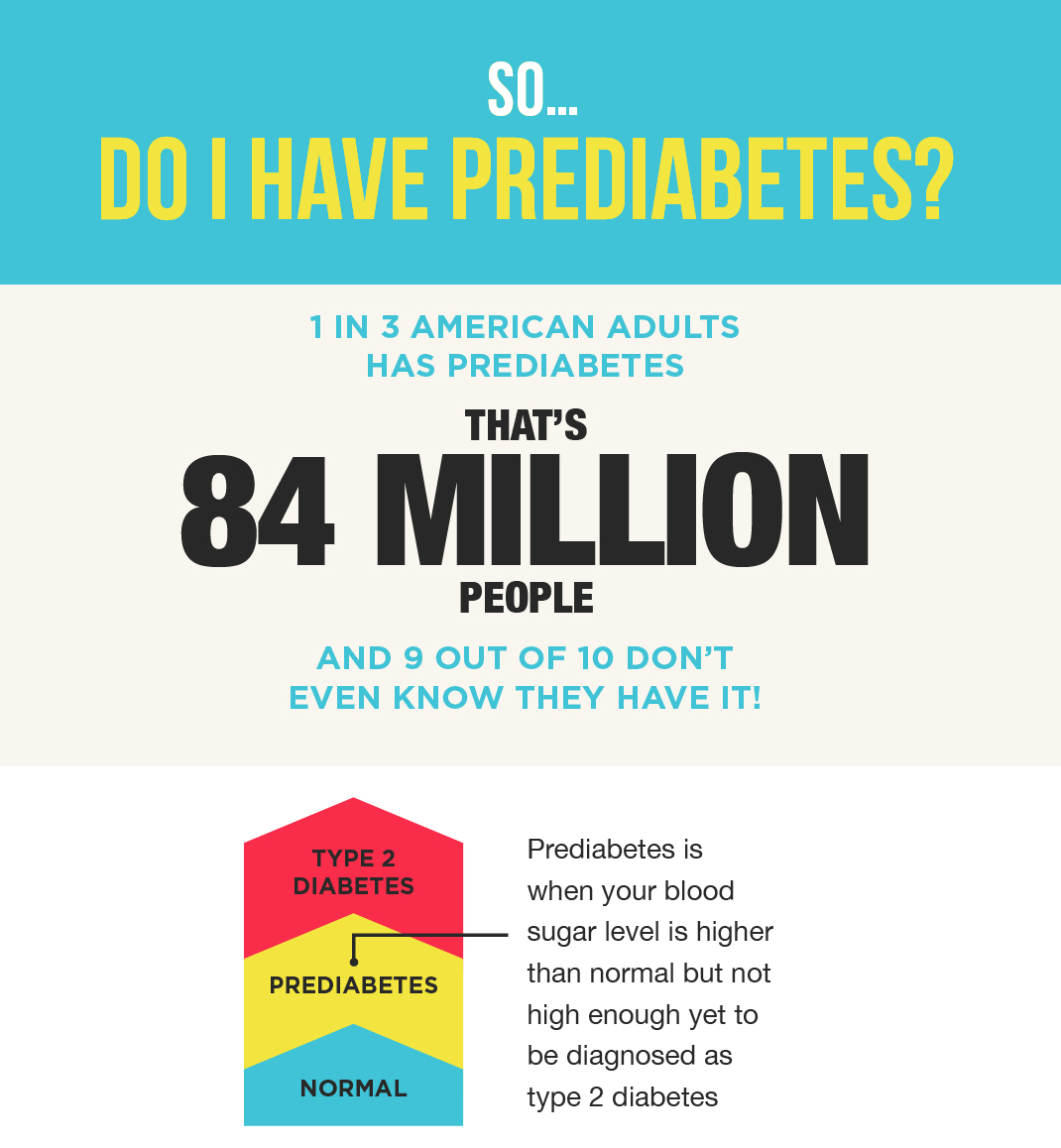Taking Action Before Diabetes Strikes
Prediabetes: A Wake-Up Call
Prediabetes is a condition where blood sugar levels are higher than normal but not high enough to be classified as type 2 diabetes. It’s a critical warning sign that your body is struggling with insulin resistance. By making lifestyle changes now, you can prevent or delay the onset of diabetes and take control of your health.

Understanding Prediabetes: Prevention and Reversal
Prediabetes is a stage where blood sugar levels are elevated beyond the normal range but haven’t yet reached the threshold for type 2 diabetes. It is a major health concern because many people with prediabetes are unaware of their condition, as it usually presents without symptoms. However, this stage is a crucial window of opportunity, as it signals that the body is beginning to struggle with insulin regulation. Factors contributing to prediabetes include being overweight, leading a sedentary lifestyle, and having a family history of diabetes. The condition is also closely linked to other health issues such as high blood pressure and unhealthy cholesterol levels, creating a cycle that can increase the risk of progressing to full-blown diabetes if left unaddressed.
Addressing prediabetes starts with recognizing the urgency of making lifestyle changes. The most effective approach includes adopting a healthier diet, increasing physical activity, and achieving a healthy weight. A balanced diet rich in fiber, lean proteins, healthy fats, and whole grains helps stabilize blood sugar levels. Reducing intake of processed foods, sugary snacks, and high-calorie beverages can significantly impact weight management and insulin sensitivity. Regular physical activity, such as brisk walking, jogging, or cycling, helps the body use insulin more efficiently and supports overall metabolic health. For many, just 30 minutes of moderate exercise on most days of the week can significantly reduce the risk of developing type 2 diabetes.
Weight loss is particularly beneficial for those with prediabetes, as even a modest reduction in body weight can improve insulin resistance and lower blood sugar levels. Setting achievable goals, such as losing 5-7% of your body weight, can make a meaningful difference. Beyond diet and exercise, managing stress and getting adequate sleep are also crucial, as stress hormones and poor sleep can negatively impact insulin function and blood sugar regulation. Engaging in stress-reducing activities like yoga, meditation, or spending time outdoors can help keep your mind and body in balance.
Regular monitoring of blood sugar levels through tests like fasting glucose or HbA1c can track progress and guide necessary adjustments in lifestyle or medication. Prediabetes is not a permanent diagnosis; with the right actions, blood sugar levels can be brought back into a normal range, preventing the development of type 2 diabetes. For those at risk, early and consistent intervention is key. By taking control during the prediabetes stage, individuals can not only reduce their risk of diabetes but also improve their overall health, energy levels, and quality of life.